|
Getting your Trinity Audio player ready...
|
Eating disorders are the deadliest mental illnesses. Because of this, someone struggling with one needs to seek help as soon as possible. But when you don’t feel like you’re worthy of eating disorder recovery, it’s hard to motivate yourself to push through it. In this post, I’ll explain why you ARE worthy of recovery and how you can prove it to yourself.
How Eating Disorders Effect Your Self-Worth
Self-esteem is the way someone perceives themselves and their own worth. Poor self-worth can hurt mental health, worsening depression and anxiety. It can make you feel unworthy of love and attention. Having low self-esteem makes relationships and jobs more difficult, as you have trouble voicing your needs.
Studies have shown that lower self-esteem is tied to a higher chance of getting an eating disorder. With such a strong connection between self-worth and mental illness, believing that you deserve to recover is a key part of a successful recovery.
Eating disorders are typically paired with depression and self-harm. Not liking yourself makes you believe you should be punished, and you don’t deserve to live a healthy, fulfilling life. In short, working on getting a more positive self-esteem in recovery can help prevent relapse and set you up for a happy life.
Low Self-Worth Doesn’t Mean You’re Not Worthy
Often, people with eating disorders believe they’re not valuable unless they’re extremely thin or in complete control of their eating. Because they’ve been thinking this way for so long, it’s hard to break that mentality and move on with recovery.
On the other hand, you may not think you’re sick enough to need to recover. However, you don’t have to be rail-thin or have a past trauma to seek out eating disorder help. Recovery is about taking your life and happiness back, which you completely deserve.
That voice in your head that keeps saying you’re unworthy is lying to you. Don’t think of this as your thoughts being wrong. You’ve had years of conditioning to train your mind to think in a harmful way. It’s time to take your thoughts and teach them to go in the other direction.
5 years ago, I believed my life was not worth pursuing and ended up in the hospital because of it. Now, after years of relearning to like myself, I’m finally thriving. I’m even starting to figure out who I am when my mind hasn’t boxed me in. I’m in no way saying that it was easy to get this far, but I’m happy to be here today, sharing my story.
What I hope you take from all this is that you’re absolutely allowed to love yourself. You don’t owe the world a thinner body. “Thinness” is not the price you need to pay for love or respect. Especially for your own love and respect.
"What lies behind us and what lies before us are tiny matters compared to what lies within us." – Ralph Waldo Emerson Click To TweetNot Only Eating Disorder Recovery
Feeling unworthy of a healthy life doesn’t just go with eating disorders. Low self-worth can lead to other forms of self-abuse to help cope with insecurities and depression. Building your self-esteem will help with recovery from any abusive behaviors, such as drug addiction or self-harm.
Recovery is difficult enough without having to fight a war against yourself at the same time. When you abuse yourself mentally, it only seems right to abuse yourself physically, too. That’s why it’s important to approach recovery holistically instead of simply stopping the harmful behavior.
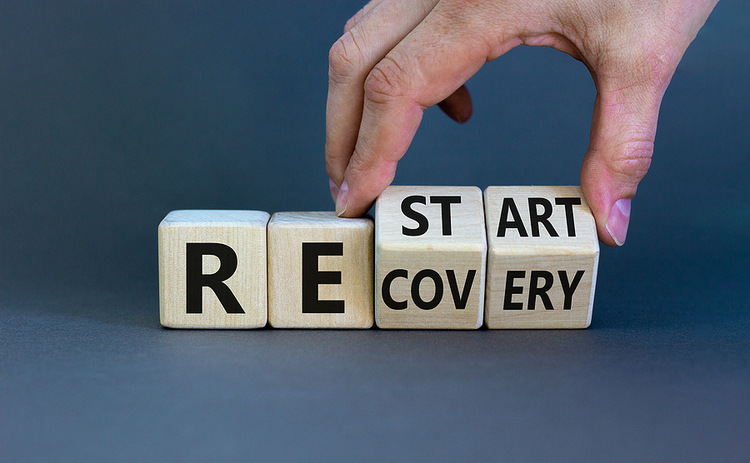
Working Towards a Positive Self-Esteem
Developing your self-esteem will improve your wellness and make you better able to cope with recovery. Here are some of the best ways to work towards having a positive self-esteem or, at the very least, liking yourself a little more.
Reroute Your Thoughts
Firstly, identify the negative thoughts that you have about yourself. This may require some deep thinking or journaling to figure out. Once you have some of the more common ones written down, come up with new thoughts to replace them.
For example, I always hated that I had stretch marks on my thighs. Now, instead of telling myself I’m disgusting for having them, I remind myself that most people have them. I also use them to remind myself I was once obese, which caused them. I am now in a much healthier body, something I can be proud of.
Once you’re aware of your negative thoughts, you can start to notice them creeping into your head. This is the perfect time to cut them off and replace them. As time goes on, the positive thoughts will come naturally to you. What matters the most is that you start to believe them.
Another thing to watch out for is who you spend your time with that could be helping your negative thoughts. Is there anyone you spend time around who picks on you or is always making comments on other people’s appearance? Stay away from people who are encouraging you to be critical of yourself.
Self-Care in Eating Disorder Recovery
Self-care activities are essential during recovery because it reminds you that you deserve to be taken care of. Do something each day to relieve stress and get in touch with your body. This could be something as simple as meditation or enjoying a bubble bath.
Forgive Past or Present Mistakes
Forgiving yourself when you make mistakes is easier said than done. But learning to be compassionate to yourself makes a world of difference in the way you see yourself. Know that you tried your best with the knowledge and resources you had, even if you didn’t get the outcome you wanted. What’s done is in the past now and doesn’t define you going forward.
When you have a slip-up, accept it and move on. If you find yourself dwelling in the past, take your thoughts and reroute them by thinking of what you’ll do in the future. Mistakes are opportunities to see what doesn’t work and to make a better plan for next time.
Take Small, Manageable Steps
During recovery, it’s important to give yourself small goals to accomplish. Trying to do too much at once will overwhelm you and make you feel like you’ve failed. But seeing yourself becoming successful with smaller goals will keep you from being disappointed in yourself.
Take baby steps. Do something each day, however small, to inch closer to your goals. Whether they’re towards recovery or not. What’s important is you see that you’re making progress and are proud of it.
Self-Affirmations for Eating Disorder Recovery
Self-affirmations can be used to make your mind a more positive and forgiving atmosphere. Come up with a line and repeat it to yourself a few times a day or when you find yourself thinking negatively. This may not help right away, but over time can make a huge difference in your thinking.
Examples of Self-Affirmations:
- “I am worthy of recovery.”
- “I deserve to be loved, no matter my size.”
- “My eating disorder does not define me.”
- “I have the power to overcome bulimia.”
A Helpful Resource
Finding out how to understand your thoughts is the biggest key to success in recovery. Brain over Binge is a book that helped me with binge eating and bulimia by teaching me how to combat my illness from the inside out. The author, Kathryn Hansen, describes her personal battle with bulimia and how she overcame it.
This book offers a simple and permanent solution, and I fully recommend it! If you would like more information, I wrote an in-depth and honest review here.
- Brain over Binge – paperback
- The Brain over Binge Recovery Guide
- Brain over Binge – audiobook
- Brain over Binge – ebook
Eating Disorder Recovery: Final Thoughts
Eating disorders are born from low self-worth and are difficult to recover from. Still, it’s possible to break the cycle of negative self-talk and start liking yourself again. Paying attention to your thoughts, being self-compassionate, and taking small steps towards your goals will help you on your journey to recovery.
It can be hard to give up the thoughts that you’ve had for most of your life. But in this case, you’re better off proving yourself wrong. Whether you believe it right now or not, a life recovered is one worth having. And you absolutely deserve recovery.
That’s it for now everyone. If you’ve found some value in this post, please share it to inspire others too! Thanks!

Facebook | Twitter | Instagram | Pinterest
This post contains affiliate links for products that I love. If you use these links to buy something I may earn a commission with no additional cost to you. Thanks for helping keep this site going! Also, this post was made for the site Lose Weight With Ang. If you’re reading this on a different site, please email us https://loseweightwithang.com/contact/
References:
- https://www.verywellmind.com/five-ways-to-build-self-esteem-22380
- https://www.mayoclinic.org/healthy-lifestyle/adult-health/in-depth/self-esteem/art-20045374
- https://pubmed.ncbi.nlm.nih.gov/1494317/
- https://www.sciencedirect.com/science/article/abs/pii/S0924933817308179
- https://www.amenclinics.com/blog/do-you-know-the-deadliest-mental-health-disorder-its-not-what-you-think/
Featured image credit: Sam Wordley/Dzmitry Dzemidovich/bigstockphoto.com
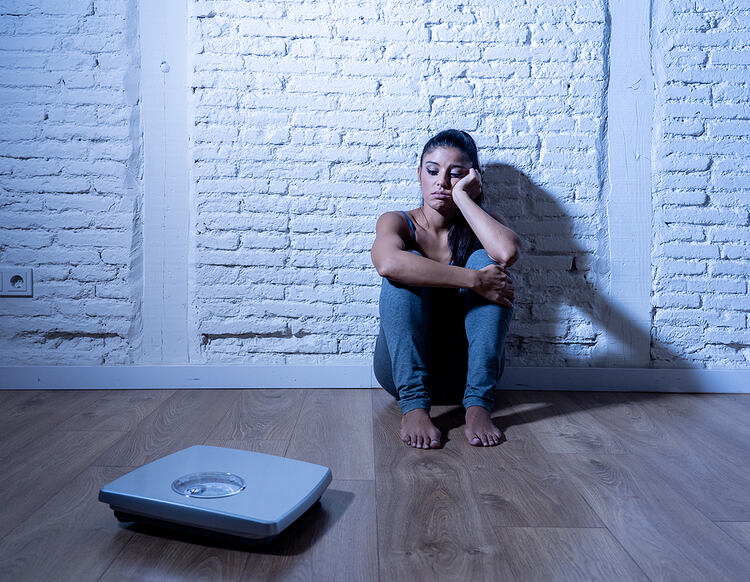
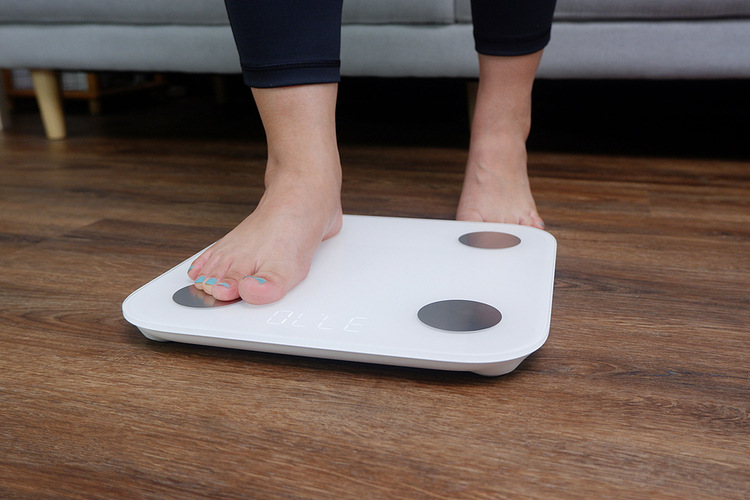
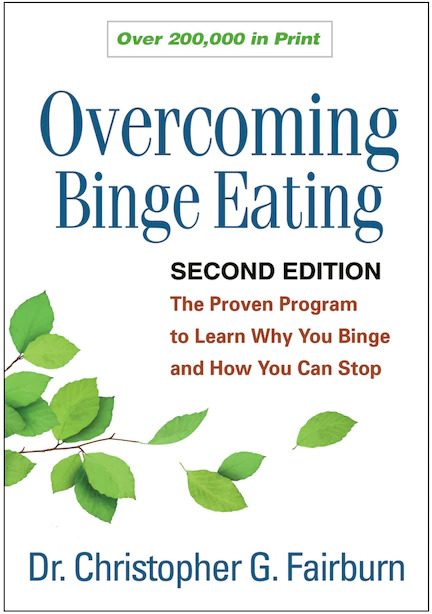
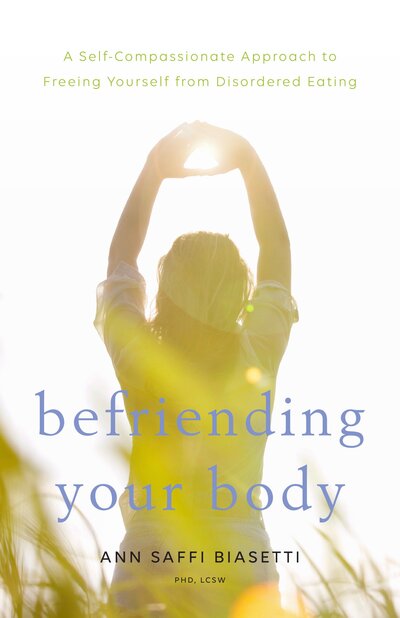

Don’t believe everything you think… Self-compassion is so key—for anyone, really, but especially anyone dealing with some form of mental illness.
Definitely. It’s hard to break away from those thoughts of worthlessness and believe that you deserve better.
Pingback: How to Feel Worthy of Eating Disorder Recovery ...
That’s a good way for anyone who’s a christian to improve their self-worth 🙂
Ang, this is so well done. Thank you for sharing your journey. As a parent, it means so much to see you offering good suggestion to folks, who I hope are looking at what you have written. The only thing I can offer about self-esteem comes from a friend who was a high school counselor.
She would say “If you don’t take offense, you are not offended. In other words, do not cede your power to anyone. You choose how to react, not others. A true friend will not bait you into feeling less than you are.”
I thought her words are powerful and have borrowed them for others. Keith
Yes, it’s good to find those true friends. It helps to be a friend to yourself as well. Thanks Keith!
Thanks for this informative post about eating disorders. I feel that it is something that is often overlooked or misunderstood by many. Many people think you can simply snap out of it by just eating. But there is so much more to it than that. Food is a huge part of our lives & sometimes when things go wrong or right we use food as a crutch to help us (either by eating too much or not eating enough). We definitely need to spread awareness about disordered eating & also understand that not everyone who has an ED is anorexic but there is a range from compulsive eating to binge eating to eating disorder not otherwise specified.
You’re so right Helen. Eating disorders are more common than people think. Especially binge eating disorder and orthorexia. Many people fall within the criteria for one but don’t even know it.
Pingback: Befriending Your Body: A Book With a Valuable Message
Pingback: Ways You Hurt Your Body When You Binge Eat - Lose Weight With Ang
Pingback: The Proven Mental Health Benefits of Journaling - Lose Weight With Ang